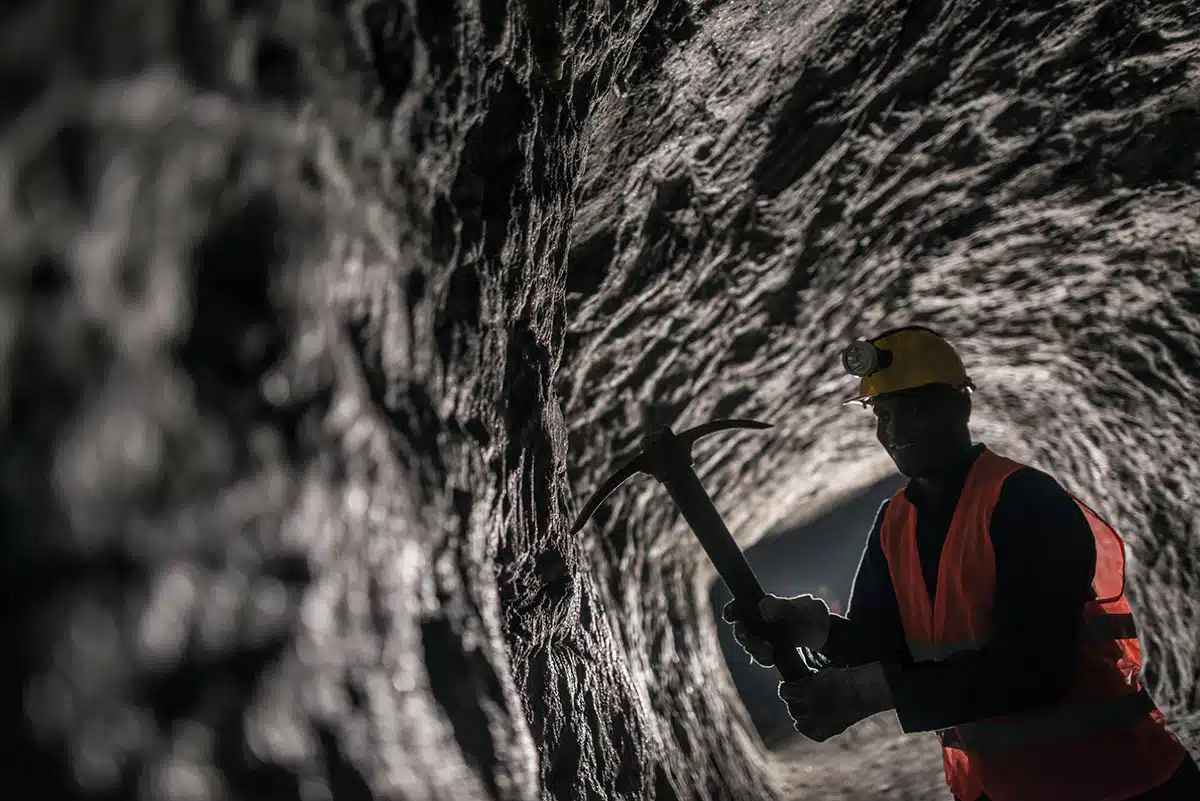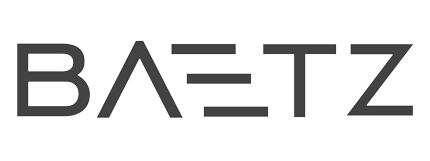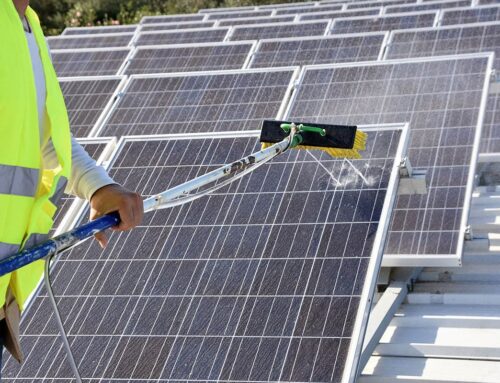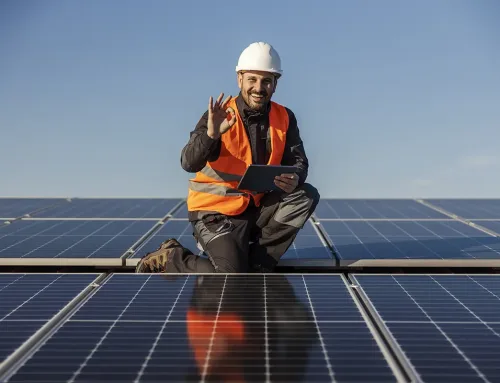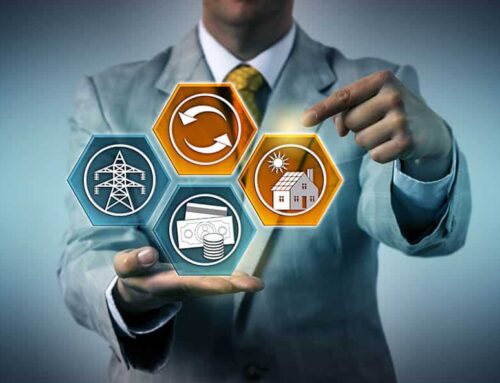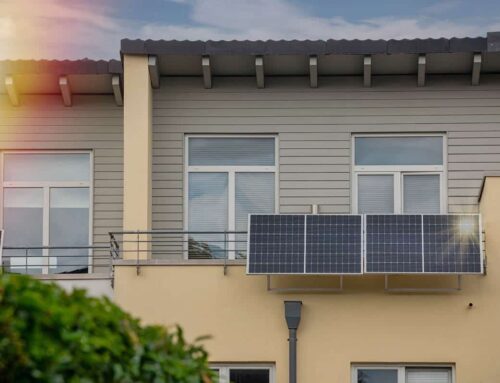Fair supply chains for the energy transition
The energy transition must happen – there are hardly any two opinions on this. On whose shoulders the burden is shared is partly regulated in the German Supply Chain Law (Lieferkettensorgfaltspflichtgesetz, LkSG), which came into force at the beginning of 2023. It regulates corporate responsibility for compliance with human rights in global supply chains. We take a closer look for you.
The energy industry and its resources
In recent years, Germany has imported around 35 million tonnes of hard coal to operate its power plants and for industrial purposes. Imports from Colombia in particular have been criticised, as human rights violations regularly occur in the mines there. The situation is no better with uranium, the fuel for nuclear power plants. And we don’t even need to talk about oil and coal here.
One more reason why we at BAETZ Energy are fully committed to renewable energies. Regenerative energy generation systems consume practically no resources during operation – raw materials are only needed for construction. These are primarily silicon for modules and lithium for storage, but silver, indium, lead and cadmium, selenium, tin and other metals and rare earths are also required – depending on the technology. Unfortunately, most of these raw materials are imported, often from developing countries with poor pay and high labour costs.
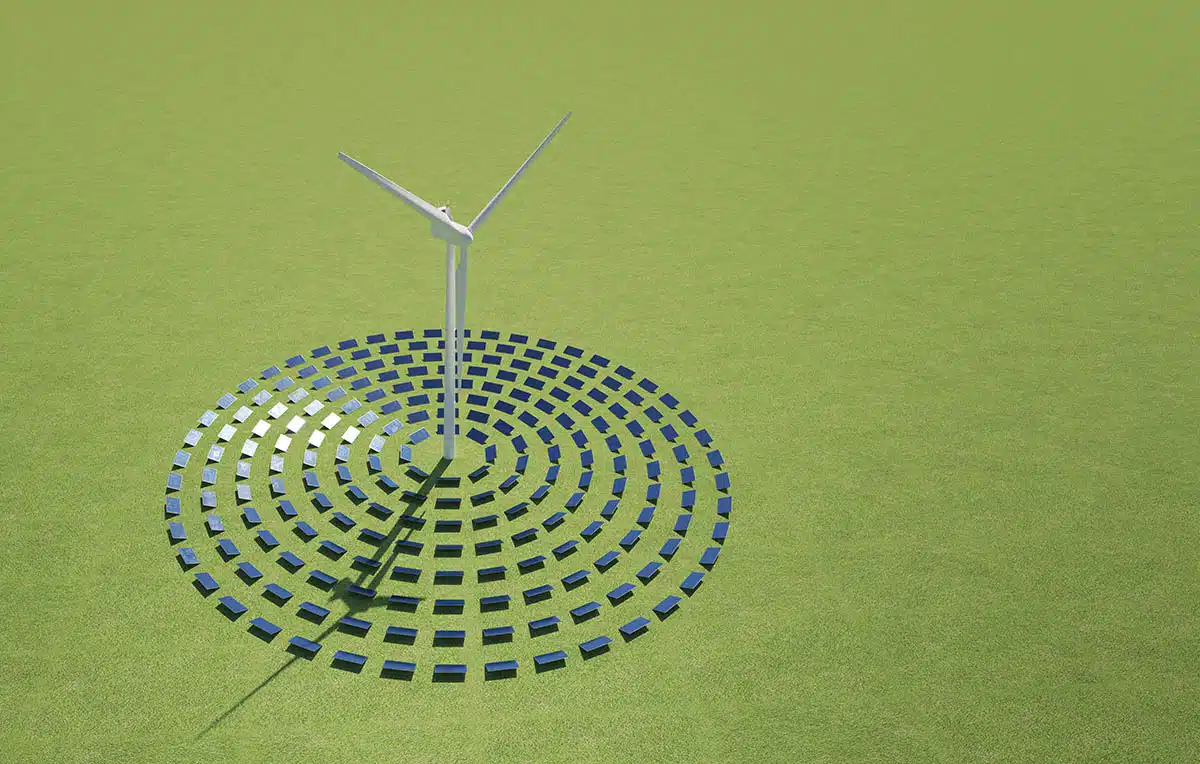
The renewables are committed
In addition to the undeniably positive ecological consequences of renewable energy generation, the social and human rights impacts must also be closely monitored. Manufacturers of systems and modules scrutinise potential suppliers in advance and oblige them to protect the environment and respect human rights. However, this industry is also increasingly focussing on resource reduction and recycling: Old components are reconditioned in the best possible way and valuable raw materials are recycled.
Resilient supply chains
The climate transition, i.e. the transformation towards climate neutrality, requires high levels of investment and rapid modernisation. We need the necessary raw materials and strategic goods to ensure that we don’t run out of breath. Existing studies, such as the one conducted by the Climate Neutrality Foundation in Berlin, have long since identified crucial weak points in our supply and value chains and provided suggestions for politics, society and business on how to strengthen our resilience to external factors and reduce our dependence on a few sources of supply. At BAETZ Energy, we know the market well and are constantly on the lookout for reliable and responsible sources for our hardware. So that our customers not only have the good feeling that they are doing the right thing during operation, but also during procurement.
